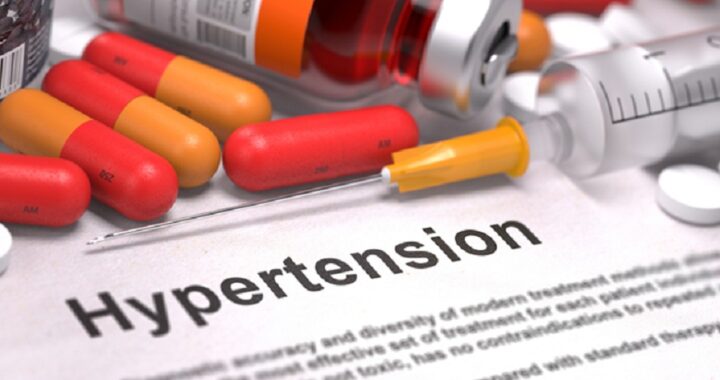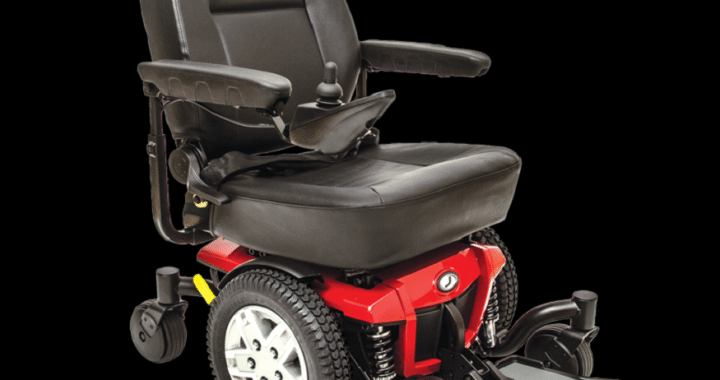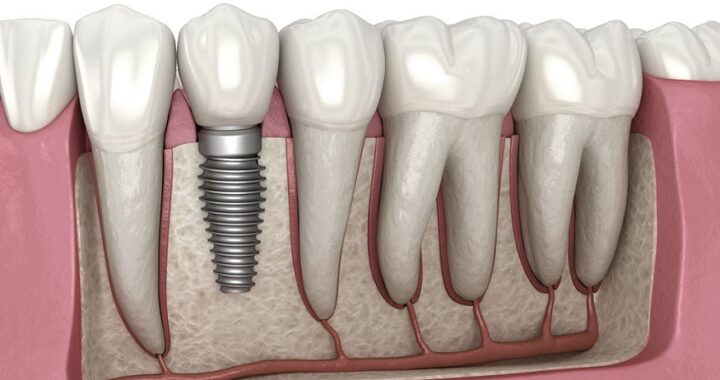Neurological problems and procedures

Neurology is all about the nervous system, involving brain, spinal cord and network of nerves. Obviously, it is an important field of medical studies and deserves careful treatments.
Neurological problems will manifest as a simple headache at the lower scale, and as epilepsy or stroke at the highest scale. In between, there are shades of nervous problems, each having distinct characteristics and symptoms, which call for individualistic treatments.
Neurological problems may arise owing to injury or disease caused to the brain, spinal cord or nervous system. Infections such as Meningitis, encephalitis can also cause neurological problems. It can also be hereditary, ie.,a genetically influenced physical condition.
When the nerve cells are damaged or die, it might lead to Parkinson’s or Alzheimer’s disease. It is known as degenerative disease. Those having nervous problems may face difficulties in mobility, cognition, get tremors and ultimately paralysis.
Headache/Migraine
The most common nervous problem is headache or migraine. Migraine is the intense form of headache, accompanied by nausea, vomiting, and sensitivity to light and sound.
Epilepsy/Seizure Disorder:
It is the most common nervous disorder, occurring in all age groups. When the neurotransmitters could not properly convey the physical signals to the brain, it might result in epilepsy or seizure. The seizure is muscle jerks or convulsions, during which there will be brief lapse of attention and loss of consciousness.
Stroke

Stroke can be classified into two categories—Ischemic stroke caused by blockage in blood flow to the brain, and Hemorrhagic stroke caused by bleeding .
Parkinson’s disease
It is a neuro-degenerative disorder that hampers mobility, speech, and causes sleep deprivation and painful muscle contractions. Though there are no known cures for this disorder, through therapies and medications the symptoms could be kept under control. In some cases, deep brain stimulation surgery can be recommended.
Alzheimer’s disease
Ageing may lead to this progressive neurological disease. It would cause forgetfulness, difficulty in remembering names and places, disorientation, repetitiveness in utterances, and might even cause hallucinations. This is otherwise termed as dementia.
Multiple Sclerosis
It is a degenerative condition in which the immune system would start attacking the covering of nerve cells in the brain, optic nerve and spinal cord.There are specific procedures to treat the symptom related to neurological disorders.
Deep Brain Stimulation (DBS)
In this procedure the specific part of the brain is stimulated by implanting electrodes. These electorates are connected to a device similar to the pacemaker. This creates mild electric impulses in the targeted brain spot to deal with Parkinson’s disease, tremors and dystonia.
Spinal Cord Stimulation
Under this procedure also electrical pulses are created with the help of a device to stimulate the spinal cord. This technique is used to reduce chronic pain, by blocking the pain signals going from the body to the brain.
Vagus Nerve Stimulation (VNS)
In this procedure, a device is implanted in the chest to send mild electric impulses through the vegus nerve to the brain. Vegus nerve helps control digestion and heart rate. It is being used when the standard therapies cannot control epilepsy and depression.
Neurostimulation
This procedure is adopted to reduce chronic pain or improve mobility by implanting a device that creates mild electric impulses to modulate the neural pathways..
Stereotactic Radiosurgery (SRS)
Under this procedure, brain tumours or brain lesions are treated by sending radiation beams to the targeted area. This procedure does not require any incisions.
Rehabilitation Therapies:
This a therapeutic procedure that helps the patients afflicted with stroke, suffered traumatic brain injury or neurodegenerative diseases to regain the lost functions such as mobility and speech capabilities. This would include physical therapy, occupational therapy and speech therapy.
Surgical intervention
This procedure is specially called as neurosurgery. It is mainly adopted to address issues like brain disorders, and reduce pressure on the brain, spinal cord and peripheral nerves.
Each procedure is tailor-made to suit the patient’s condition and response to treatment. Therefore, it is essential to get the expert advice and treatment. KG Hospital, the Best Neurosurgery Hospital in Coimbatore, has well well-equipped neurological department managed by renowned experts.

 Complete Guide to Diagnosis and Treatment of Hypertension
Complete Guide to Diagnosis and Treatment of Hypertension  5 Toronto Dietitian Approved Habits for a Healthy New Year
5 Toronto Dietitian Approved Habits for a Healthy New Year  What Causes Gas And Bloating In Children?
What Causes Gas And Bloating In Children?  The Quiet Factors That Define a Reliable Angiography Device
The Quiet Factors That Define a Reliable Angiography Device  Renting medical equipment can make moving around and being comfortable easier
Renting medical equipment can make moving around and being comfortable easier  Finding the Best ObGyn Near Me: What Every Woman Should Know
Finding the Best ObGyn Near Me: What Every Woman Should Know  Moisturizer To Sheet Masks: Skincare Essentials To Pack For Colder Months
Moisturizer To Sheet Masks: Skincare Essentials To Pack For Colder Months  The Step by Step Process of Getting Dental Implants in Fargo
The Step by Step Process of Getting Dental Implants in Fargo